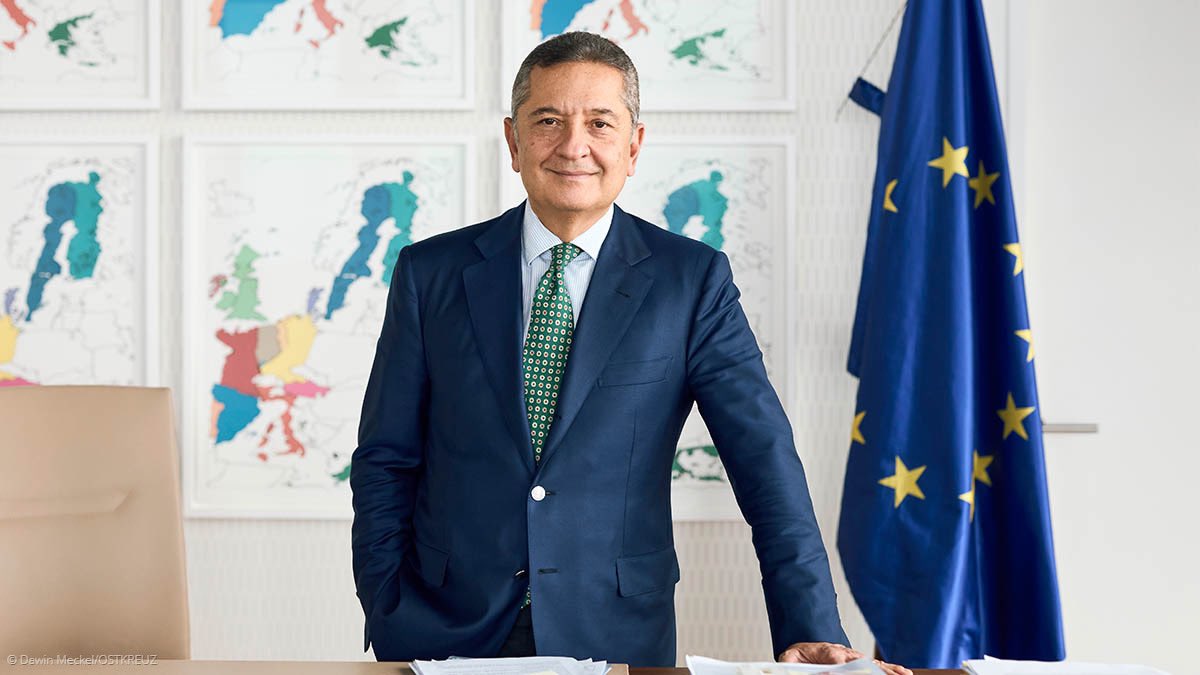(THREAD) Mario Draghi spoke today at the European Parliament’s plenary session on the 20th anniversary of the euro. Read the full speech here ecb.europa.eu/press/key/date… #EUROat20 1/5 

Draghi: Over the years, elected representatives and leaders, here and in other parliaments, have rightly recognised that ensuring economic prosperity and stability over the long term is a shared challenge that is best faced collectively. We are stronger together. #EUROat20 2/5
Draghi: The euro has safeguarded the integrity of the Single Market. Today, our economies are integrated to a point that was not imaginable when the euro was designed. Intra-EU exports have risen from 13% of EU GDP in 1992 to 20% today. #EUROat20 3/5
Draghi: Stable prices have fostered people’s confidence in the value of their savings, which is one of the conditions for prosperity. Based on such confidence, firms invest and create new jobs. #EUROat20 4/5
Draghi: Great progress has been achieved since the crisis struck, but more work still needs to be done; and there is no alternative to a future where we will continue to work together to make our Economic and Monetary Union an even stronger engine of prosperity. #EUROat20 5/5
• • •
Missing some Tweet in this thread? You can try to
force a refresh








